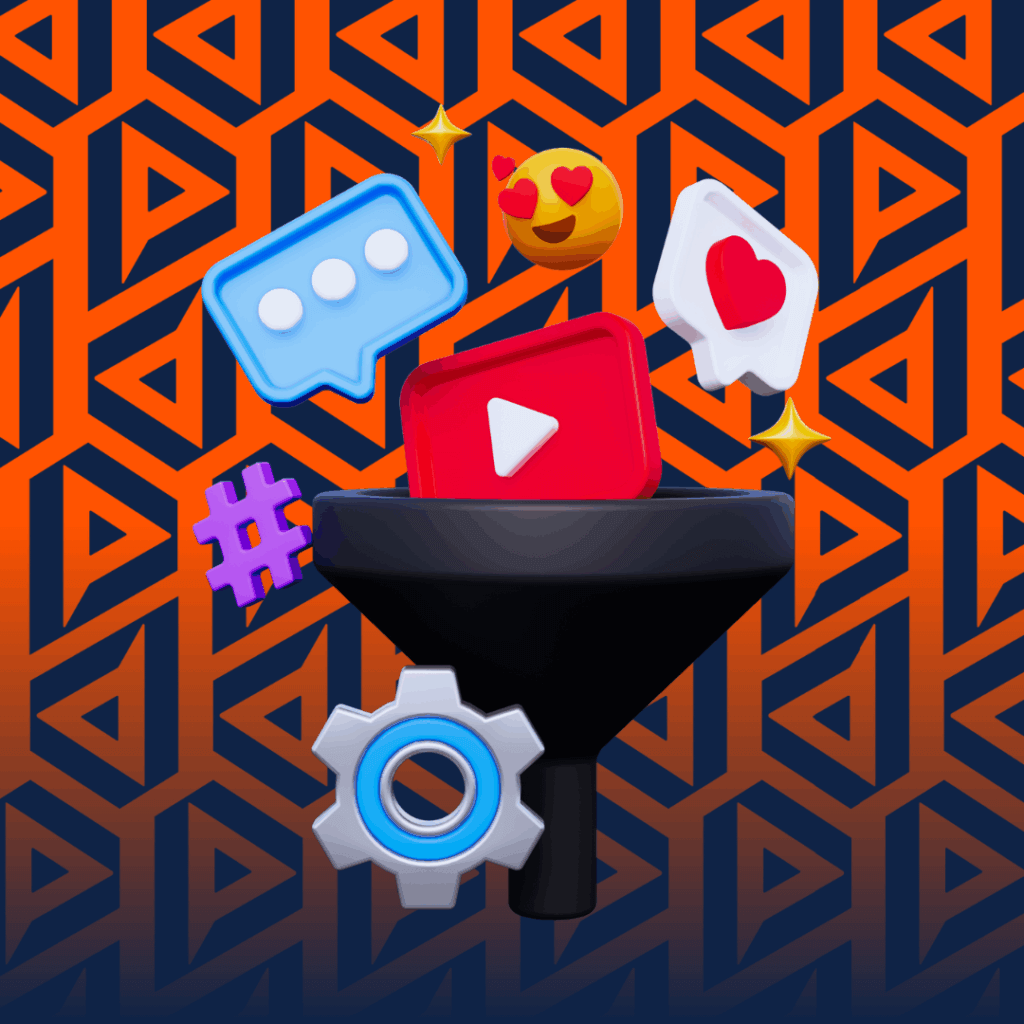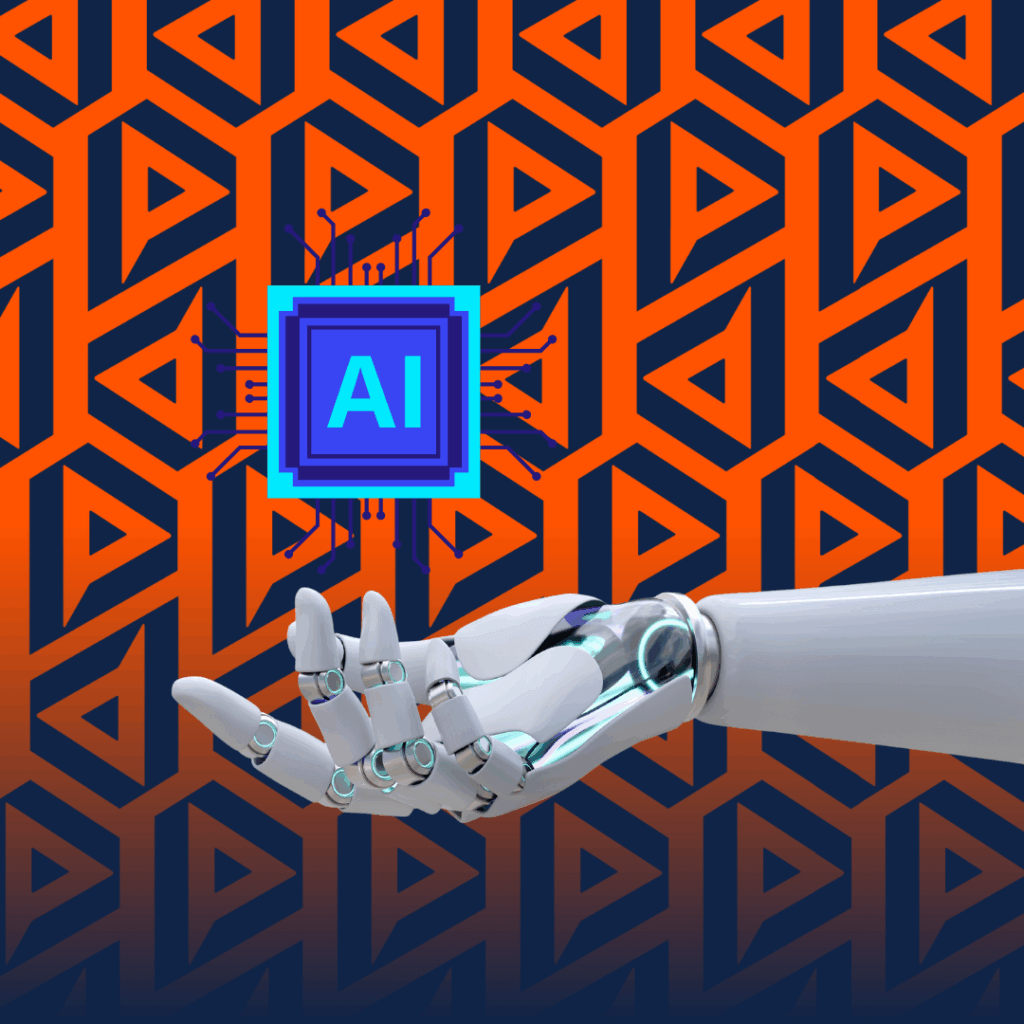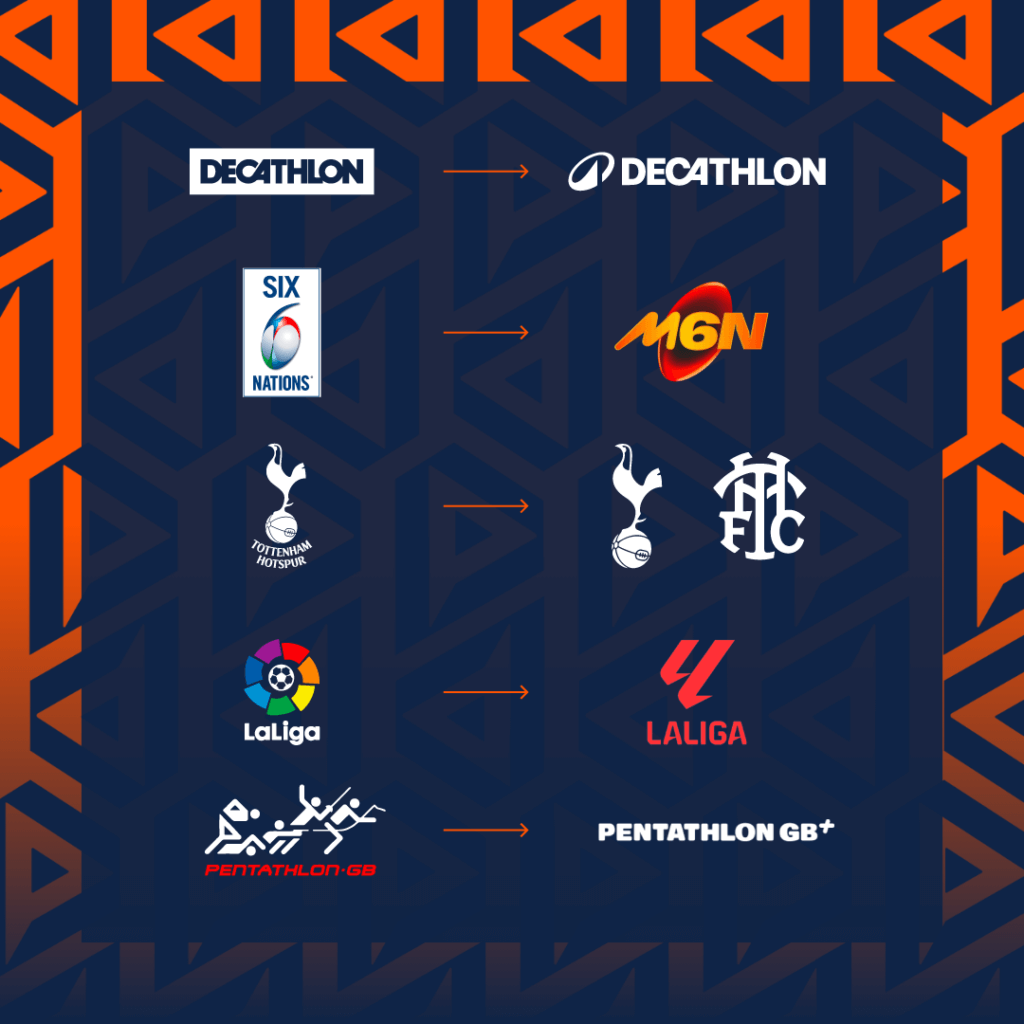Artificial Intelligence (AI) is transforming how we interact with social media, allowing platforms to become more intuitive, personalised, and efficient. In 2024, AI integrations are rapidly evolving to enhance user experience, streamline content creation, and provide valuable insights for marketers. Let’s explore how AI is being utilised by popular social media platforms and why it’s revolutionising the digital landscape.
1. AI-Powered Content Creation
AI has emerged as a game-changer in content creation, offering tools that generate captions, design visuals, and even suggest optimal posting times. Platforms like Facebook, LinkedIn, and Instagram have introduced AI-driven features to simplify the creative process for marketers and users. For instance, tools like AI Caption Writers have gained popularity, enabling users to produce engaging social media posts with minimal effort.
These AI systems can analyse past interactions, user preferences, and trending topics to craft personalised and relevant content. This efficiency not only saves time but also ensures that posts align with audience expectations, leading to better engagement.
2. Improved Audience Targeting
AI has enhanced audience segmentation and targeting, which is particularly valuable for marketers. By analysing user behaviour, AI can provide insights into specific demographic trends, preferences, and engagement patterns. This helps businesses create tailored marketing strategies that resonate with their target audience. On Facebook, for instance, AI tools enable advertisers to generate marketing materials using generative AI prompts, improving both the quality and relevance of campaigns.
AI also powers recommendation algorithms across platforms like TikTok and Instagram. These systems are responsible for curating feeds that keep users engaged by delivering content tailored to their interests based on their browsing habits and interactions.
3. AI-Generated Content Identification
As AI-generated content becomes more prevalent, platforms like TikTok have introduced tools to label and distinguish such content.
This initiative addresses concerns about transparency and originality, ensuring that users can differentiate between human-made and AI-generated posts. These labels also help creators maintain authenticity in their work while allowing audiences to engage with content more mindfully.
4. Personalised User Experiences
Personalisation is one of the most notable benefits of AI in social media. TikTok, Instagram, and Facebook use AI to analyse user activity, tailoring their content feeds to match individual interests. This increases engagement by ensuring that users see content relevant to their preferences. TikTok’s “For You” page is a prime example of how AI-driven recommendation engines can deliver highly personalised content based on previous interactions.
Similarly, Instagram uses AI to curate posts, Reels, and Stories for its users, ensuring a more engaging and tailored experience. By learning from user behaviour, AI ensures that social media platforms remain dynamic and constantly adapt to changing preferences.
5. Social Media Automation and Analytics
AI isn’t just reshaping content creation; it’s also making social media management easier. Tools like AI-powered analytics dashboards have been introduced by platforms such as TikTok, offering users deeper insights into performance metrics.
These dashboards can automatically generate reports on content engagement, audience demographics, and optimal posting times, allowing marketers to refine their strategies.
In addition, automation tools powered by AI allow brands to schedule posts, engage with audiences, and track trends without manual intervention. This efficiency is crucial for social media managers handling multiple platforms or accounts.
6. The Future of AI and Social Media
The integration of AI into social media is still evolving, with new features being regularly introduced. For example, AI is expected to play a more significant role in content moderation, ensuring safer online environments by automatically detecting and flagging harmful content. Moreover, AI will continue to shape user-generated content (UGC), allowing platforms to offer even more immersive and personalised experiences.
As AI continues to develop, the line between human creativity and machine assistance will blur, offering exciting possibilities for both users and brands. While there are concerns about originality and authenticity, the current trends suggest that AI’s influence on social media will only deepen in the coming years.
Conclusion
AI’s integration into social media platforms is no longer a novelty but a necessity. By improving content creation, personalising user experiences, enhancing audience targeting, and providing sophisticated analytics, AI is helping social media platforms evolve and remain engaging. As these technologies mature, the relationship between users, brands, and social media will become even more dynamic, efficient, and personalised. Embracing AI as a tool rather than a threat will be key for staying ahead in the social media landscape.


